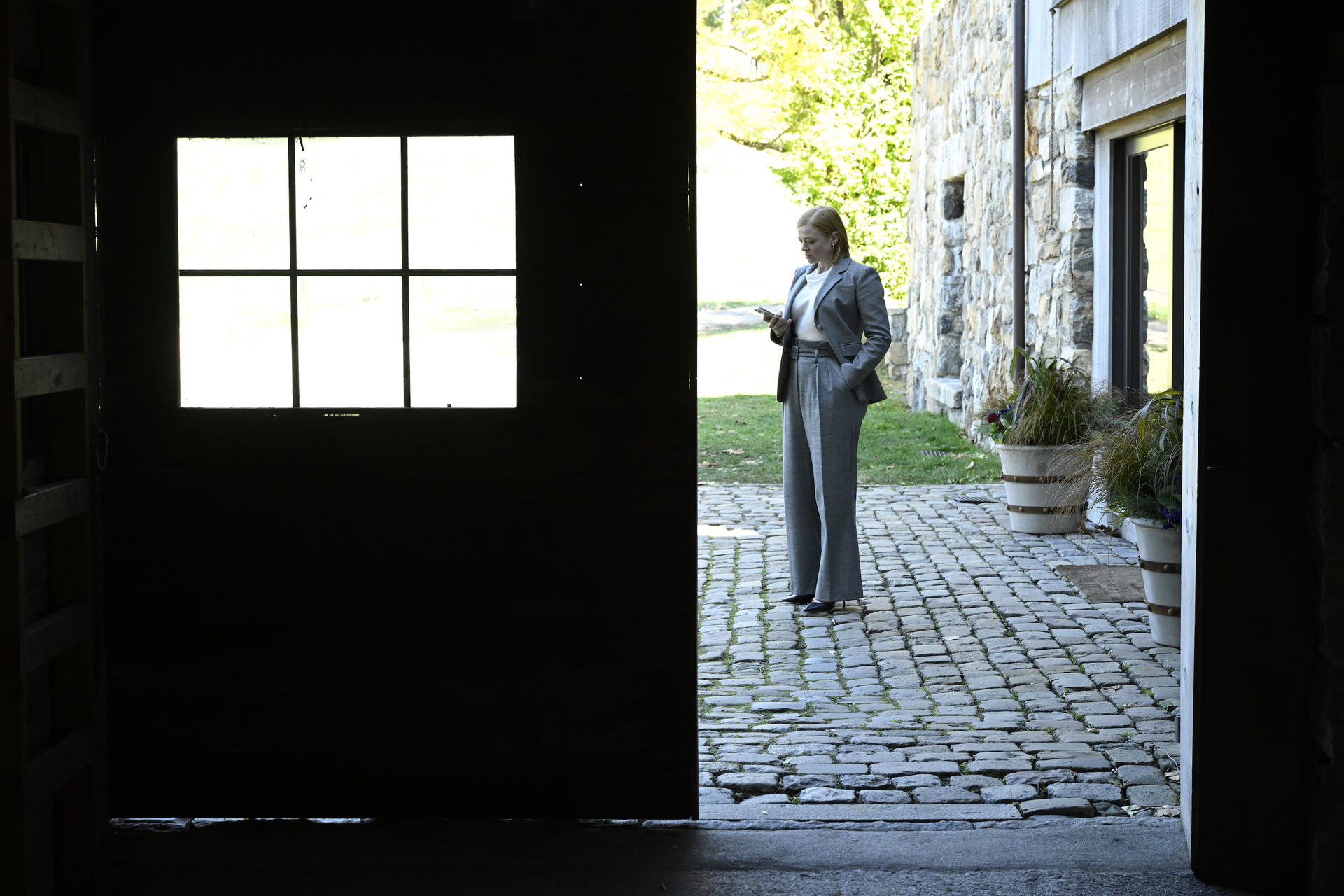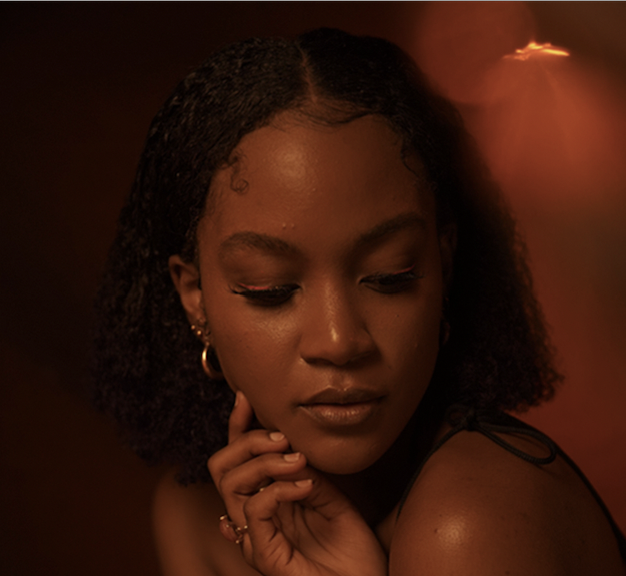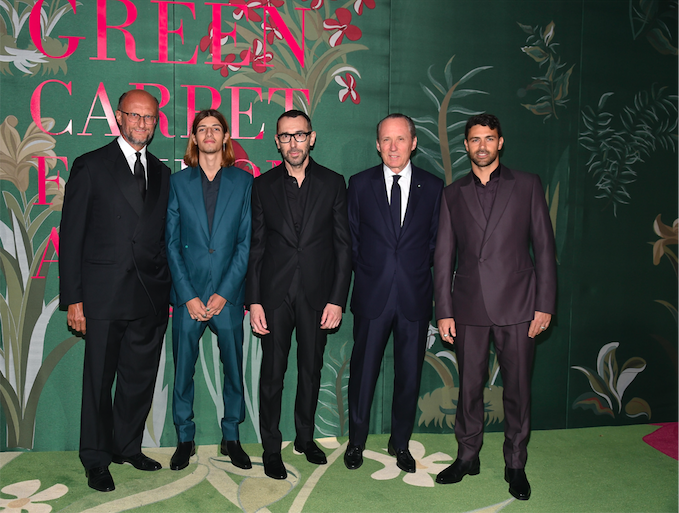Sarah Snook Succession Photographed by David Russell/HBO
Quiet luxury is a term that refers to a more understated, subtle and refined form of luxury. Unlike traditional luxury that is often associated with excess, ostentation and conspicuous consumption, quiet luxury represents a more sophisticated and nuanced approach to luxury that emphasizes quality, craftsmanship, and attention to detail.
Quiet luxury can be seen in various aspects of our lives, from fashion and design to travel and hospitality. In fashion, quiet luxury is characterized by classic, timeless pieces that are made from high-quality materials and are designed to last for years. These pieces are often simple and elegant, with clean lines and minimal embellishments. They are not meant to scream for attention, but rather to convey a sense of understated sophistication and refinement.
In design, quiet luxury can be seen in the use of natural materials, such as wood, stone and leather, and in the attention to detail and craftsmanship that goes into creating each piece. Quiet luxury design is often minimalistic, with a focus on functionality and simplicity. It is not about showing off expensive materials or flashy design elements, but rather about creating a sense of harmony and balance in the space.
In travel and hospitality, quiet luxury is about providing guests with a high level of service and attention to detail, without the excess and extravagance that is often associated with traditional luxury. This can be seen in the use of high-quality, natural materials in hotel rooms and the emphasis on personalized service that caters to the unique needs and preferences of each guest.
The rise of quiet luxury can be attributed to a number of factors, including a growing appreciation for craftsmanship and quality, as well as a desire for more sustainable and responsible forms of luxury. Consumers today are more conscious of the environmental and social impact of their consumption, and are seeking out brands and products that align with their values.
In addition, the COVID-19 pandemic has also played a role in the rise of quiet luxury. With travel restrictions and lockdowns in place, many consumers are rethinking their priorities and seeking out more meaningful and authentic experiences, rather than just indulging in excess and extravagance.
Quiet luxury is not just a trend, but a reflection of a broader shift in consumer values and attitudes. It represents a more mindful and intentional approach to luxury, one that is focused on quality, craftsmanship, and sustainability, rather than just superficial displays of wealth and status. As such, it is likely to continue to grow in popularity in the years to come, as more consumers seek out meaningful and responsible forms of luxury.





